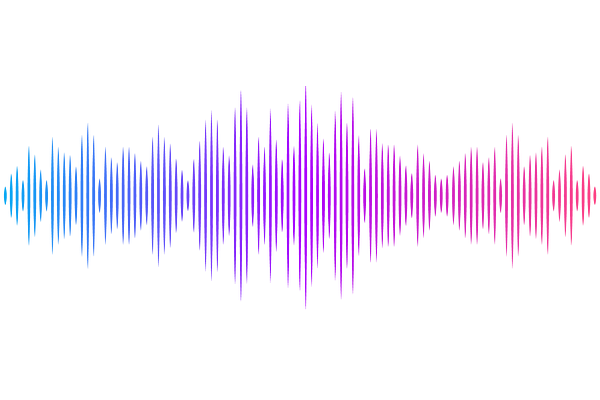Autonomous adaptive optimization of NMR experimental conditions for precise inference of minor conformational states of proteins based on chemical exchange saturation transfer

Autonomous adaptive optimization of NMR experimental conditions for precise inference of minor conformational states of proteins based on chemical exchange saturation transfer
Kasai, T.; Kigawa, T.
AbstractIn scientific experiments where measurement sensitivity is a major limiting factor, optimization of experimental conditions, such as parameters of measurement instruments, is essential to maximize the information obtained per unit time and the number of experiments performed. When optimization in advance is not possible because of limited prior knowledge of the system, autonomous, adaptive optimization must be implemented during the experiment. One approach to this involves sequential Bayesian optimal experimental design, which adopts mutual information as the utility function to be maximized. In this study, we applied this optimization method to the chemical exchange saturation transfer (CEST) experiment in nuclear magnetic resonance (NMR) spectroscopy, which is used to study minor but functionally important invisible states of certain molecules, such as proteins. Adaptive optimization was utilized because prior knowledge of minor states is limited. To this end, we developed an adaptive optimization system of 15N-CEST experimental conditions for proteins using Markov chain Monte Carlo (MCMC)to calculate the posterior distribution and utility function. To ensure the completion of MCMC computations within a reasonable period with sufficient precision, we developed a second-order approximation of the CEST forward model. Both simulations and actual measurements using the FF domain of the HYPA/FBP11 protein with the A39G mutation demonstrated that the adaptive method outperformed the conventional one in terms of estimation precision of minor-state parameters based on equal numbers of measurements. Because the algorithm used for the evaluation of the utility function is independent of the type of experiment, the proposed system can be applied to other instruments, as well as other NMR experiments, if the forward model or its approximation can be calculated sufficiently quickly.